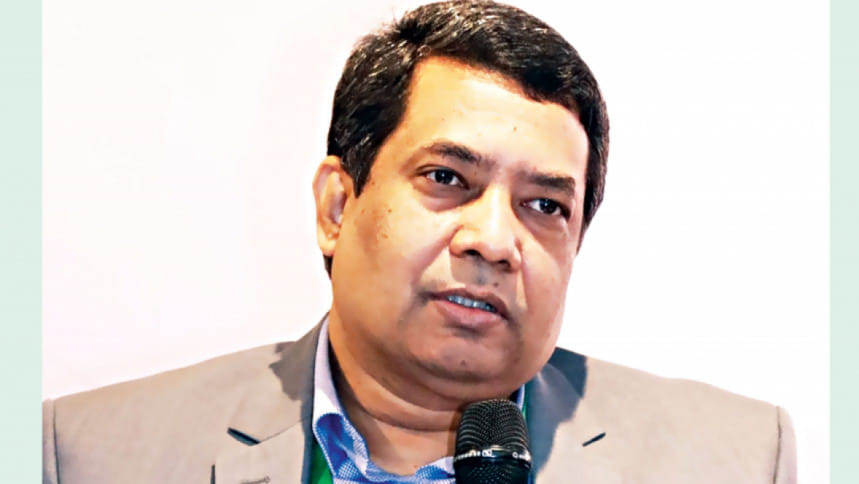‘Prudent macroeconomic management needed’

The government must ensure a prudent macroeconomic management and coordination between fiscal and monetary policies to help Bangladesh ride out the current crisis, said Monzur Hossain, research director of the Bangladesh Institute of Development Studies.
In the past three months since the Russian war in Ukraine began, Bangladesh's macroeconomic stability has turned vulnerable considering the exchange rate volatility and spiral in inflation.
"Macroeconomic management has to be prudent," said Hossain.
He says not too many measures have been taken on the monetary policy side to contain inflation.
He especially pointed to the cap on the interest rate, which is in place since April 2020.
"You can't expect to rein in the money supply when the interest rate ceiling is still in place."
According to Hossain, the current pace of inflation has been caused by a combination of cost-push and demand-pull inflation.
"So, only fiscal measures will not able to tame the inflation. We need to squeeze the money supply."
Cost-push inflation is driven by supply costs while demand-pull inflation is driven by consumer demand.
The economist thinks there is weakness in the area of exchange rate management. "There should be a prudent exchange rate management."
He thinks that leaving the exchange rate control completely in the hands of the market could create more volatility.
The economist says the expansionary budget that one might expect during the period when an economy is rebounding from a crisis like the coronavirus pandemic might not be possible this year largely owing to deep uncertainty and higher inflation stemming from the fallout of the Russia-Ukraine war and higher commodity prices.
The Sri Lankan crisis, which showed how depleting reserves could spell trouble for an economy, has made the government even more cautious.
"We are no longer in a position to set out for higher project expenditure and accelerate aggregate demand. The situation is similar for almost all other countries," said Hossain.
He expects the budget to offer adequate safeguards to tackle inflation, which rose to an 18-month high in April and could go up further.
"There should be adequate allocation in the budget for the poor and the lower-income groups."
He says the allowance under the social safety net programmes and their coverage could be expanded to give some relief to the people.
"Even, the government can think of hiking salaries for the fixed-salaries groups to some extent."
"They need support because I think the inflationary spiral will not cool off immediately. It may lengthen another six months to one year."
He said the government would have to generate more revenues to raise the tax-to-GDP ratio and broaden the fiscal space.
"The low tax-to-GDP ratio is not expected and there is also a lack of efforts to give a much-needed fillip to this."

 For all latest news, follow The Daily Star's Google News channel.
For all latest news, follow The Daily Star's Google News channel. 



Comments